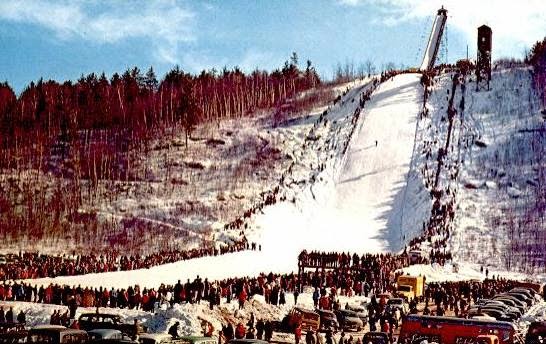“DAILY”
DEVOTIONAL-Watching for the Spirit
REMEMBERING WHAT COMES FIRST [R, 4-30-20]
I wasn’t at the hospital
to see Charlie. I wasn’t there as a pastor at all. I was there as a patient.
But one of the nurses at the cancer center across the street had asked me to go
up on a surgery floor to see a cancer patient she was worried about.
It was a floor that was
new to me, and I was basically lost. I always try not to look into rooms as I
go along the hall in a hospital. I’ve been a patient, and I understand how
important it is to have a little privacy. But I didn’t understand the numbering
system. I had basically stopped, looking at the identity signs on both sides of
the hall, trying to figure out where in the hall I was, when I heard a man
crying.
It wasn’t loud, but it was
heart-wrenching. Tears in a hospital are pretty common, but they are hardly
ever a good thing. I followed their sound and broke my rule about looking into
a room.
A man was sitting on the
side of his bed, his head down, not just crying, but sobbing, quietly. I
thought, “I know that man. That’s Charlie. I didn’t know he was here.”
Well, of course, I didn’t.
He didn’t belong to my church, so there was no reason why anyone would tell me
he was in the hospital. But he belonged to my denomination. He was active in
our district organization. I had seen him often at meetings, a handsome, smart,
kind man, the sort preachers want more of in their churches.
Nobody else was in his
room. I went in and sat down beside him. He looked at me. I’m not sure he knew who
I was, but that didn’t seem to matter. Through his tears, he said, “I’m trying
to pray, and I can’t remember what comes after Our Father… Do you know what
comes after Our Father…” We often hear the phrase “heart broken,” and that is
one of the times I felt like I really understood what that means.
I assured him that I knew
what came after, and I led him, haltingly, phrase by phrase, through the
prayer. I was surprised at how hard I had to think at each new phrase, to
remember it when it wasn’t just rolling along as the one that came after the
one before it. I was also surprised at how each phrase stood out in its meaning
when it stood almost alone.
We got through it, and he
said, “I’m not sure I can remember it on my own…” I knew that he was just suffering
post-surgery anesthesia forgetfulness. I knew that he had prayed that prayer
his whole life. It would return. But…
I said, “Don’t worry.
You’ll remember. But you know the important part right now. Any time you need
to pray, just go ahead with Our Father. All you really need to remember is what
comes first.”
JRMcF













